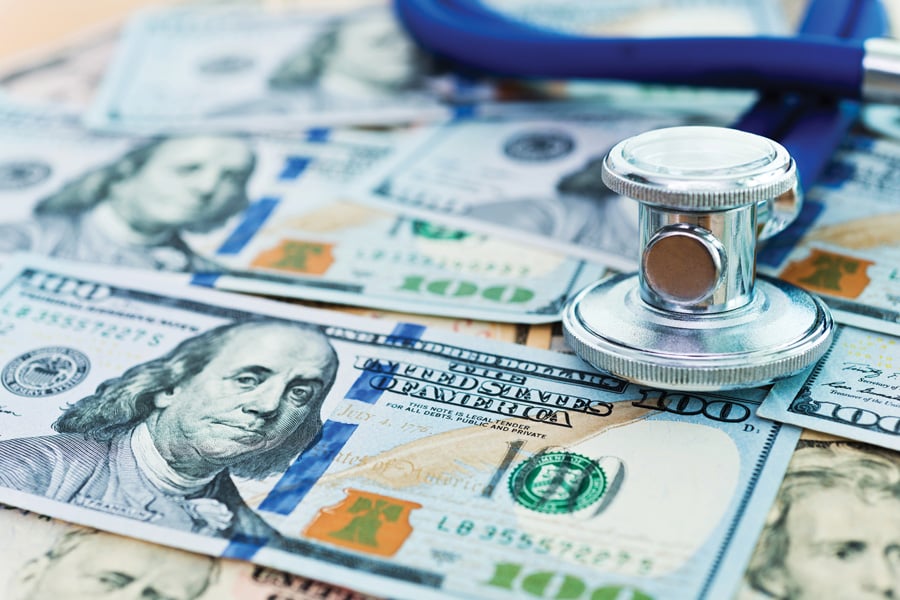Senior citizens with high prescription drug costs are facing hundreds of dollars in additional expenses next year, according to a new analysis of Medicare's drug program by a nonprofit research group.
Medicare's drug benefit, known as Part D, is complicated. Patients in the program have a deductible where they must pay 100% of the cost: $435 in 2020, according to the analysis by the Kaiser Family Foundation. After that, they pay a quarter of the costs until they reach the threshold for catastrophic coverage, when richer benefits kick in.
Next year, the catastrophic coverage threshold will go up by $1,250 — meaning people on brand-name drugs will pay about $400 more a year out-of-pocket, according to the analysis. People taking generics will pay even more.
High drug costs are a source of discontent among voters. Vying for 2020 voters, the Trump administration has boasted about its efforts to get pharmaceutical companies to lower list prices for medications, while ire at drugmakers and insurers has animated Democratic calls for a broader health care overhaul.
Next year's rising costs stem from an expiring part of the Affordable Care Act, which temporarily tamped down increases in the catastrophic coverage threshold.
Medicare Part D covers about 44 million Americans on the federal health program for the elderly and disabled. Administered by private insurers, the program distributes
the cost of medications among enrollees,
health plans, drugmakers and the government. Low-income people in the program get subsidies to help with costs.
In 2017, 4.9 million people had drug spending and incomes high enough that they either entered the coverage gap or went all the way through it, according to the Kaiser Family Foundation.
[Recommended video:
How to help clients make it through retirement]
Above the catastrophic coverage level, seniors are on the hook for 5% of medication costs, with no upper limit.
Various legislative proposals would cap total out-of-pocket costs for the Medicare drug benefit. A bill supported by Democratic House Speaker Nancy Pelosi would limit seniors' exposure to $2,000, while a proposal advanced by the Republican-controlled Senate Finance Committee would set the limit at $3,200. The Trump administration has also proposed insulating seniors from cost-sharing after they reach the catastrophic threshold.
Whether Congress and the administration can agree on a prescription drug bill before the 2020 election remains an open question. If they don't, some seniors may realize they're paying more for their medicine, just as their preparing to go to the polls.







